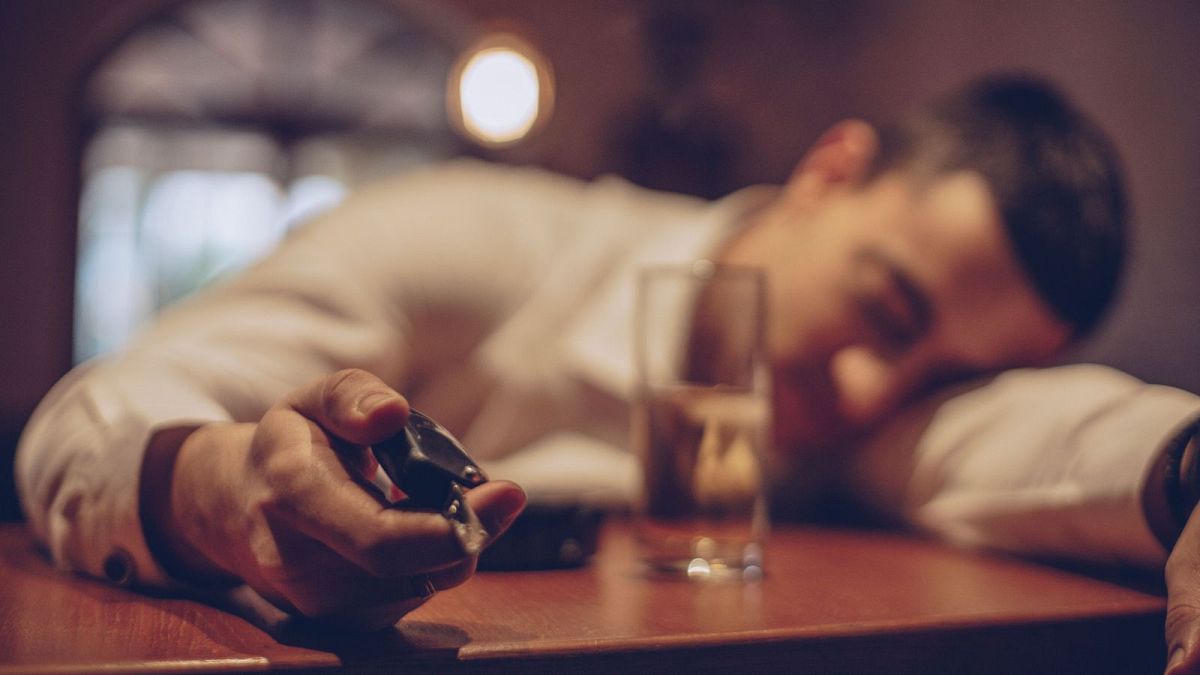A French non-profit organisation has warned people against using "bad solutions" to mitigate the risk of drink-driving, adding that the best plan is not to drive at all.
From driving slowly to drinking water or sucking on a sweet, there are several "bad solutions" that some people use to drive home after drinking alcohol on New Year's Eve.
The best solution is to sleep on-site and get a real night's sleep, according to Anne Lavaud, from the Road Prevention Organisation.
The French non-profit has launched its 14th awareness campaign ahead of December 31st to encourage people not to drink and drive, particularly as many count on celebrating New Year's Eve.
The charity estimates that seven out of ten French people had considered some of the bad solutions above as they plan to drive home.
Drink-driving represented 30 per cent of road deaths in 2023, with 71 per cent of these deaths occurring at night.
According to France's National Interministerial Road Safety Observatory, accident rates are higher during the holidays due to drinking before travelling by car, motorcycle, or bike.
Over the last five years (excluding the pandemic period), 18 people died on the roads in France during the New Year weekend on average, the observatory said.
The Road Prevention organisation recommends either sleeping on site before driving or appointing a designated driver who does not drink, testing your blood alcohol level, or using public transportation.
The average consumption in terms of the number of drinks that those surveyed by the charity plan to drink on New Year's Eve has fallen slightly, from 3.5 in 2022 to 3.3 in 2023.
But Lavaud called this change "weak", emphasising that many people do not know how to count their alcohol consumption.
France ratified the Stockholm Declaration in 2020 which commits countries to halving the number of deaths resulting from road traffic accidents by 2030.
According to these commitments, “in 2030, there should be around 1,700 road deaths,” said Road PreventionOrganisation's president Patrick Dixneuf.
But "we will undoubtedly end the year (2023) with more than 3,000 deaths and a number of seriously injured around 16,000. That means we are not there," he said.
The EU's long-term goal for road safety is to move as close as possible to zero fatalities by 2050.



